How to Fertilize Peppers: The Complete Guide – Sembrar100
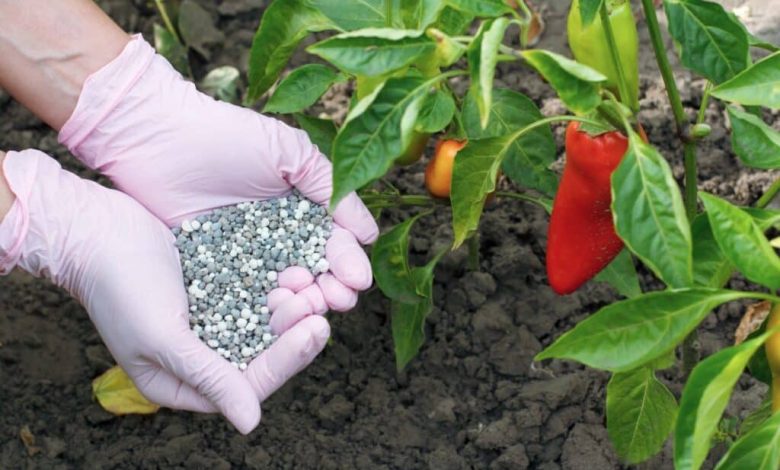
 If it is about excellent vegetables for fresh consumption, stewed, baked, among many others, the pepper is in a position of honor.
If it is about excellent vegetables for fresh consumption, stewed, baked, among many others, the pepper is in a position of honor.
Having it planted in the garden will take up little space and almost no time because it requires relatively little care.
Among those that you will have to pay attention to is the subscriber because it depends on him that everything goes well at a productive level.
And complying with this provision will not be complicated at all if you know how to organize yourself, how? It is just what we will see next. Don’t miss a single detail.
Why is it important to fertilize peppers?
The payment of the peppers will be a task that you will have to carry out when you start your planting process for the reasons that we will list below:
- Growth: the fertilizer enhances the formation of solid structures and foliage growth, which helps internal processes to be agile and the plant to be more energetic.
- Fruits: when the pepper plant is well nourished, it shows in larger fruits, with a better appearance, with a delicious flavor and that resist much more the conditions that occur after harvest.
- Health: a vigorous plant will always be synonymous with good health, but here we also refer to the fact that the plant will be more resistant and this will prevent it from becoming a victim of any type of pest or disease.
How often should we pay the peppers?
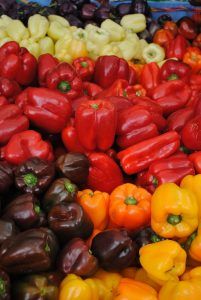 There are at least seven moments that are key for the application of fertilizer in pepper cultivation:
There are at least seven moments that are key for the application of fertilizer in pepper cultivation:
These are: before planting, at the time of establishment, with the formation of the plant part, in flowering, in the fruit set, for the fattening of the fruit and in the maturation stage.
However, to facilitate the control of this entire process, fertilizers can be supplied on a regular basis during the spring and summer.
These will be placed in one every fifteen days or every 30 days according to the demands of the crop and the type of fertilizer to be used.
What Nutrients Do Peppers Need?
Peppers need to get their doses of Nitrogen (N), Potassium (K) and Phosphorus (P) as a vital part of the fertilization process.Each of them will be required to a greater or lesser extent depending on the phase in which the pepper is found.
When building the vegetative part, nitrogen is the main thing; while in the matter of flowering and fruit formation, the most important is potassium and phosphorus. In the field of microelements, it is very important to take care that they are available in the appropriate doses.
As a general rule, plants need them in smaller quantities, but a lack or excess of any of them could compromise the work of the other nutrients, including the well-being of the plant.
What kind of fertilizers do peppers need?
Organic fertilizers are the best alternative in everything that this topic encompasses because they provide the necessary nutrients while taking care of the soil.
The choice of the type of organic fertilizer is another issue. On the market there are versions manufactured and enriched with microelements that are very useful. They can be found in liquid versions, in granules, water-soluble, etc. so you can choose the one that best meets your needs.
In the case of fertilizers made with organic matter, you can easily make them at home with leftover products. For example, vegetable leftovers from the kitchen, dry leaves from the garden, the manure of some farm animals, etc. are included.
This type of fertilizer has the benefit of greatly enriching the substrate where it is applied, although its nutrient release process is slower than in other cases.
How do we prepare fertilizer for the peppers?
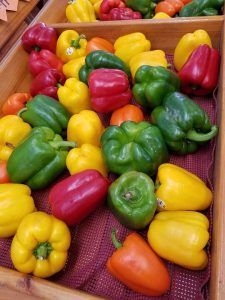 If you have decided on a commercial sale fertilizer, the preparation process will be as indicated by the manufacturer on its packaging.
If you have decided on a commercial sale fertilizer, the preparation process will be as indicated by the manufacturer on its packaging.
It is necessary to note that these products come in high concentrations, which leads to a misapplied dose resulting in problems of excess nutrients in the crop.
Some people experienced in the use of this type of product agree that it is better to start with a lower dose than recommended.
This will make it possible to assess the behavior of the crop and thus decide if more is needed or not. In the case of fertilizer made with organic matter, the preparation will consist of leaving it very well fermented before using it in the garden.
Afterwards, the application will be made around the plant, not directly on it. It is better if you open a hole and introduce the fertilizer there so that it is released in the deeper parts and thus has a better behavior.
How do we detect if the peppers need fertilizer?
Peppers can present various symptoms that indicate that they are suffering from a fertilizer deficit. Among the most common cases are:
- Lack of nitrogen: it manifests itself in the leaves, which turn pale, yellow and with a slightly wrinkled shape.
- Potassium problems: in this case, the pepper loses resistance and becomes more vulnerable to attack by pests or diseases. At the same time, the edges of the leaves become discolored.
- Low calcium level: the fruits are affected in quality, showing rough brown spots on the skin.
- Magnesium deficiency: the leaves are evidenced by small brown spots that appear on the upper part of the leaves.
Fertilizing the pepper must be part of the care routine so that this crop is in the best conditions. It is a task that will be easy for you to carry out if you have other crops with similar demands also planted, such as tomato or zucchini.
In any case, the little or much effort you invest in it will be reflected in the harvest you will reap at the end of the cycle. So it is well worth getting down to work to get what will be the best peppers you have ever harvested.
Bibliographic references
- Effects of organic fertilizers on the growth and development of pepper (Capsicum annuum L.), RAL Murillo, JJR Pérez, RJL Bustamante, M Reyes … – Centro …, 2015 – biblat.unam.mx
- Production of pepper (capsicum annuum l.) through the application of organic fertilizers, JQ Bustos, J Tandazo-Garcés … – Journal of Science and…, 2020 – revista.utb.edu.ec
- Urban production of pepper crops (capsicum annuum) with the application of foliar fertilizers and substrate concentrations, CG Laverde Mena, JM Muñoz Mendieta – 2021 – repository.utc.edu.ec
- Phenology and yield of hybrids of bell pepper (Capsicum annuum L.) cultivated in hydroponics, E del C Moreno Pérez, R Mora Aguilar… – Revista Chapingo…, 2011 – scielo.org.mx
Maybe you are also interested in:

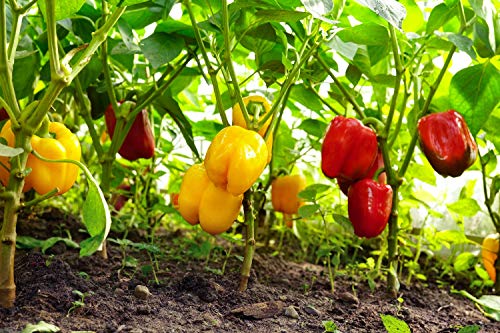
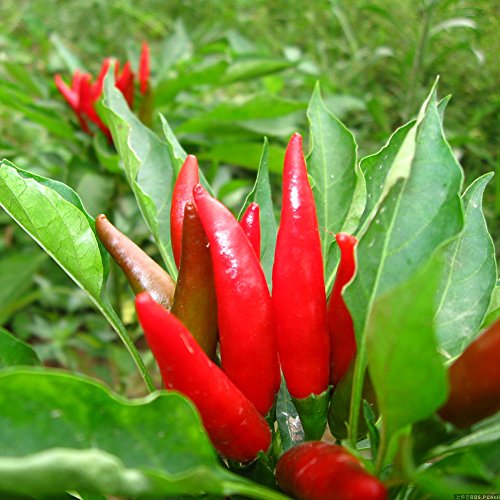
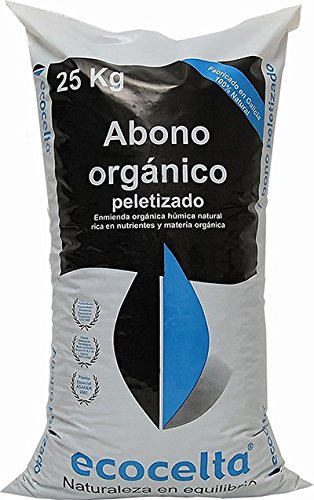
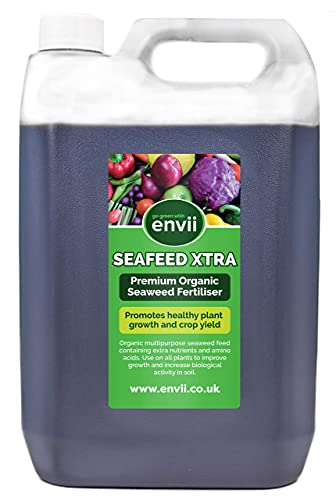
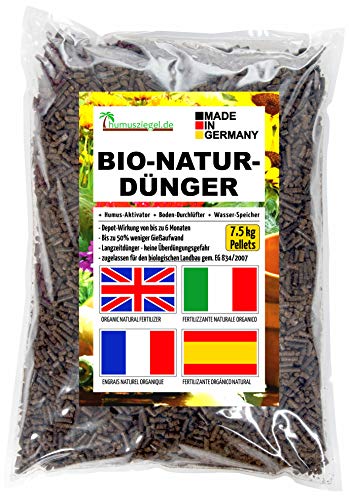
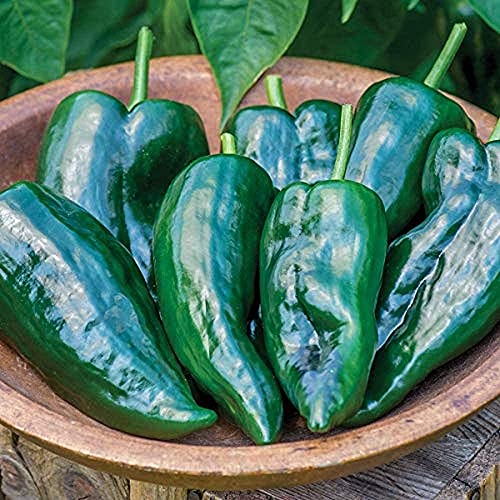
![Photo of Planting Daffodils Was Never So Easy: [Care and Planting Guide]](https://www.complete-gardening.com/wp-content/uploads/2022/08/planting-daffodils-was-never-so-easy-care-and-planting-guide-390x220.jpg)
![Photo of Prune Incense: [Importance, Season, Tools, Considerations and Steps]](https://www.complete-gardening.com/wp-content/uploads/2022/08/prune-incense-importance-season-tools-considerations-and-steps-390x220.jpg)

